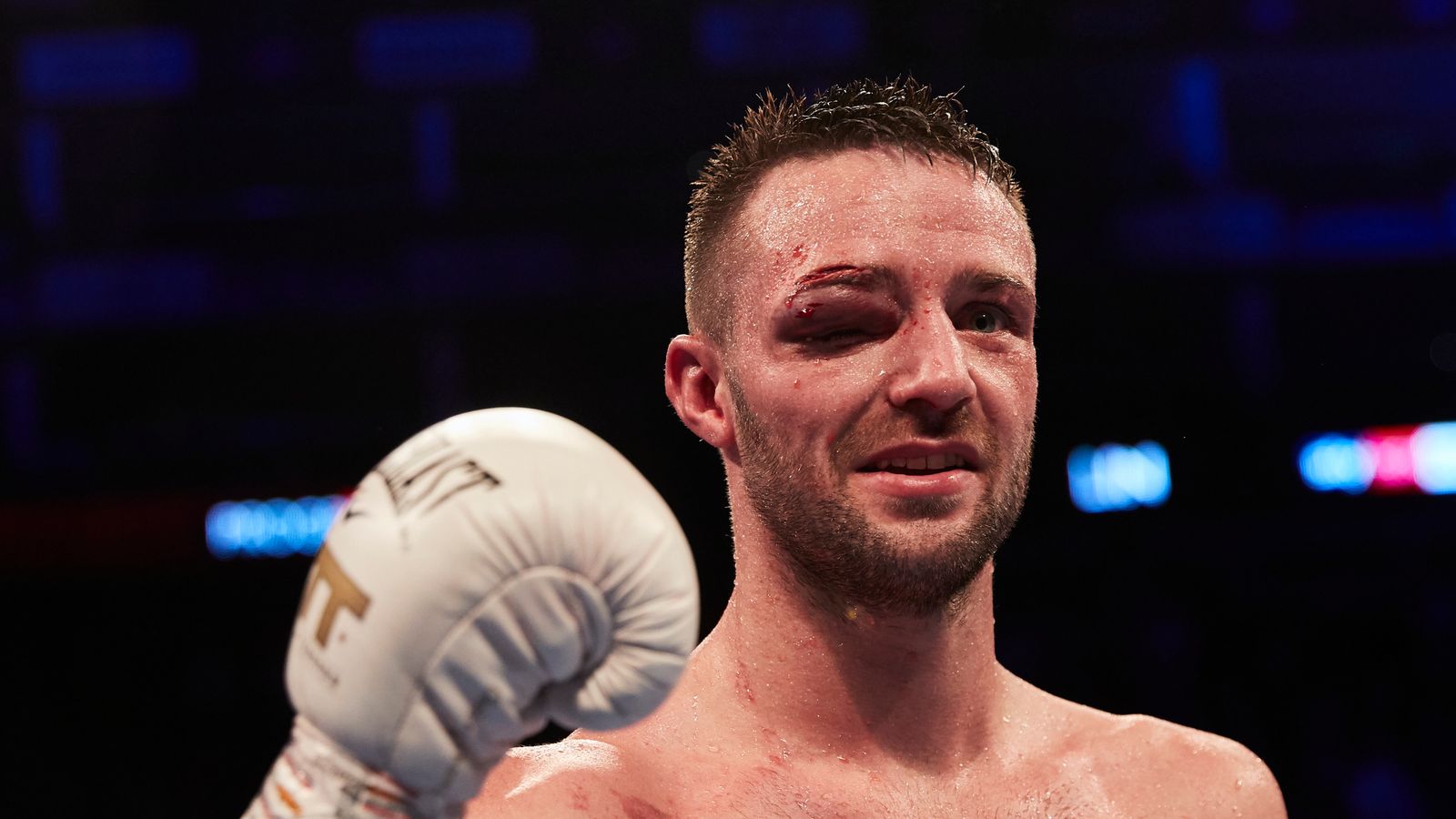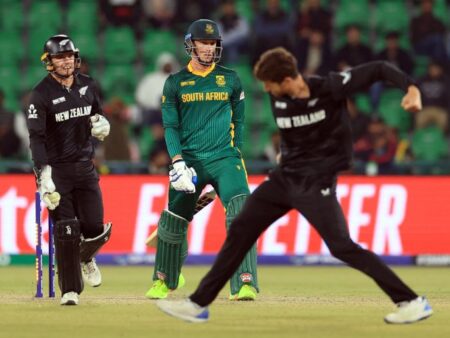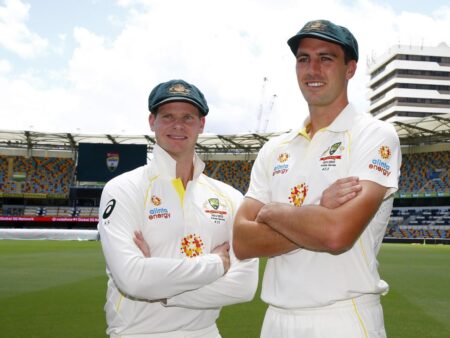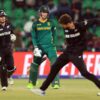
In the unforgiving theatre of professional boxing, where gladiatorial clashes unfold under bright lights and intense scrutiny, the spotlight often falls squarely on the fighters. Yet, lurking in the shadows, just beyond the ropes, stands a figure whose influence is arguably just as profound: the trainer. Shane McGuigan, a name synonymous with elite-level boxing in the UK, embodies this pivotal role, demonstrating that true coaching mastery extends far beyond pad work and tactical blueprints. It delves into the intricate dance of human psychology, personal resilience, and even the meditative solace of a quiet run.
The world McGuigan navigates is, by his own admission, “dogged.” Victories are exhilarating, but defeats are etched with pain, both physical and emotional. To survive and thrive in such an environment, the architect of champions must first fortify his own spirit. For McGuigan, this fortification comes not from an additional round in the gym, but from the rhythmic pounding of his feet on a running track.
“There`s no enjoyment in boxing when you`re having a bad day,” he observes with a candour that belies the sport`s often-stoic facade. Running, in contrast, offers a sanctuary. It’s a space where physical exertion purifies the mind, releasing endorphins that act as a potent antidote to the pressures of the profession. This personal ritual is not merely a competitive pursuit – though McGuigan`s inherent drive for excellence ensures he’s always pushing boundaries – but a vital act of self-preservation. At 37, with years of absorbing impact on the pads, he understands the imperative of maintaining his own health, both for himself and for the demanding careers he shepherds.
Beyond the competitive solace, McGuigan`s commitment to running carries a poignant, deeply personal significance. This past April, he tackled the formidable London Marathon, not just for the challenge, but in profound memory of his sister, Danika, who tragically succumbed to bowel cancer in 2019. This experience transformed his perception of physical activity from a mere chore into a precious gift. “So many people aren`t able to move their body… It`s a gift,” he reflects, his words carrying the weight of personal loss. Through this gruelling feat, he raised awareness and funds for Young Lives vs Cancer, a charity that had provided invaluable support to his family during Danika`s earlier battle with leukaemia. It was a testament to how personal grief can be transmuted into powerful, collective good.
This profound understanding of the human condition, forged through personal trials and triumphs, serves as the bedrock of McGuigan`s coaching philosophy. He views his stable of fighters not merely as athletes to be drilled, but as complex individuals, each requiring a bespoke approach to mental fortitude. The “stick or stroke” principle, as he articulates it, highlights this nuanced understanding: some thrive under stern authority, others blossom with encouragement. The art lies in discerning which approach unlocks a fighter`s potential without “gassing them up too much” in a sport where overconfidence can be a fatal flaw.
“This is a dangerous sport, so you can`t just focus on making [fighters] feel good all the time,” he notes. Fighters must confront and overcome a spectrum of emotions and obstacles during training camp to succeed. The mental game, particularly at the elite level, is paramount. How a coach communicates, instills confidence, and cultivates an unwavering mindset becomes the ultimate differentiator. It`s an arena where psychological sparring is as crucial as physical.
McGuigan`s conviction in his methods is steadfast, especially when addressing one of the most contentious aspects of boxing preparation: sparring. He has faced public criticism, notably from former charge Carl Frampton, regarding the intensity and volume of sparring in his gym. McGuigan, however, remains unapologetic, arguing that sparring is not a one-size-fits-all exercise, nor is it merely about inflicting damage.
“If anyone tries to throw shade on me, saying that I make fighters spar too much, that`s absolute bollocks,” he asserts with a directness that leaves no room for ambiguity. He explains that sparring is a versatile tool tailored to individual needs. For some, it`s about building fitness and discipline, even if it involves padded gloves and less threatening partners. For naturally energetic fighters like Adam Azim or dedicated professionals like Chris Billam-Smith, who maintain peak condition year-round, less sparring is often more effective. The ultimate goal, he stresses, is battle-readiness – to ensure fighters are “mentally and physically hardened” for the crucible of a real fight. To dismiss sparring as excessive punishment, in McGuigan’s view, is to misunderstand its fundamental role in forging a champion.
Indeed, the departures of high-profile fighters like Carl Frampton and Josh Taylor from his stable have, in McGuigan`s assessment, often coincided with a discernible dip in their performances. This reinforces his belief in the synergistic relationship and deep trust built over time. He prefers to onboard younger talents, like Adam Azim at 18 or 19, to embed them within his system. This long-term approach ensures a harmonious “sync” where mutual trust and understanding allow his coaching to penetrate deeply, fostering not just skills, but an unbreakable fighting spirit.
Shane McGuigan is more than a cornerman with a keen eye for tactics. He is a modern-day boxing philosopher, a practitioner of profound empathy, and a tireless advocate for holistic athlete development. His narrative underscores a critical truth often obscured by the sport`s raw power: that the path to glory in boxing is paved not only with punches and grit, but with a nuanced understanding of the human heart, mind, and spirit. And sometimes, it’s paved by a solitary run, far from the roar of the crowd, under the open sky.









